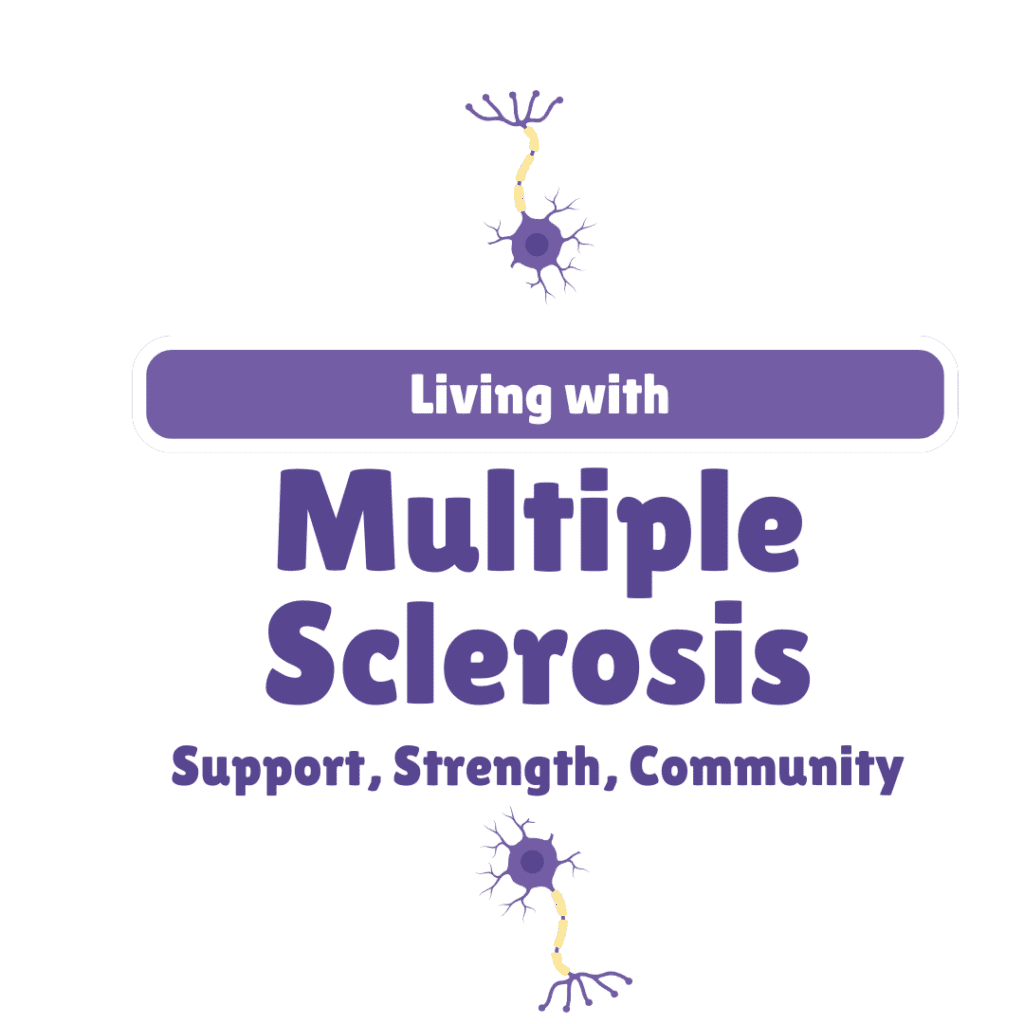
Multiple Sclerosis (MS) is a complex neurological condition that affects the central nervous system, disrupting communication between the brain and the body. While MS presents unique challenges, it is possible to manage the condition and lead a fulfilling, productive life. One of the most effective ways to navigate life with MS is through peer support, where individuals can share experiences, offer encouragement, and learn from one another.
As part of its commitment to empowering people with disabilities, Living Independently for Today and Tomorrow (LIFTT) is proud to open its doors to the Billings Area MS Support Group. The group is now meeting in the community room at LIFTT’s office (1241 Crawford Drive) on the third Friday of each month at 10 a.m. LIFTT is honored to be able to provide a safe, welcoming space for individuals living with MS to connect, share resources, and support one another.
What is Multiple Sclerosis (MS)?
MS is a chronic autoimmune disease in which the body’s immune system mistakenly attacks the protective covering of nerve fibers (myelin) in the central nervous system. This process, known as demyelination, leads to inflammation and nerve damage, resulting in symptoms that vary widely from person to person.
Common Symptoms of MS:
- Fatigue
- Numbness or weakness in limbs
- Difficulty walking or maintaining balance
- Muscle spasms or stiffness
- Vision problems such as blurred or double vision
- Cognitive changes, including memory and concentration difficulties
- Bowel and bladder dysfunction
MS symptoms can range from mild to severe and may come and go (relapsing-remitting MS) or gradually worsen over time (primary progressive MS).
How is MS Diagnosed?
There is no single test for MS, and diagnosing the condition can be complex. Physicians typically use a combination of the following:
- Neurological Examination: A doctor assesses movement, coordination, vision, and reflexes.
- MRI Scans: Magnetic resonance imaging (MRI) helps detect lesions or damage in the brain and spinal cord.
- Lumbar Puncture (Spinal Tap): This test examines cerebrospinal fluid for signs of immune system activity linked to MS.
- Evoked Potentials Tests: These measure the brain’s electrical response to stimuli to detect nerve damage.
Early diagnosis and intervention are critical in managing MS effectively and preventing long-term complications.
Managing MS: Living Well with the Condition
Although MS has no cure, many treatment options and lifestyle changes can help individuals manage their symptoms and maintain a high quality of life. MS management is different for everyone but in general managing MS involves
- Follow a Treatment Plan: Work with a neurologist to explore disease-modifying therapies (DMTs) that slow progression and reduce flare-ups.
- Adopt a Healthy Lifestyle: A balanced diet, regular exercise, and adequate sleep can improve energy levels and overall well-being.
- Manage Stress: Stress can trigger symptoms, so mindfulness, meditation, and relaxation techniques can be beneficial.
- Stay Active: Engaging in gentle exercises such as yoga, swimming, or stretching can help with mobility and muscle strength.
- Seek Support: Connecting with others who understand the MS journey can provide emotional and practical support.
The Importance of Peer Support
Living with MS can be overwhelming, but you don’t have to face it alone. Peer support groups provide:
- A safe space to share experiences and frustrations
- Education on managing symptoms and lifestyle changes
- Emotional support and encouragement from those who truly understand
- Access to resources and local services that can help with daily challenges
Joining a support group can empower individuals with MS to take control of their health and maintain a sense of community and hope
Billings Area MS Support Group now meets at LIFTT
If you or a loved one has been diagnosed with MS, we invite you to join the Billings area MS Support group. The group meets on the third Friday of each month at 10 a.m. in the LIFTT Community Room at 1241 Crawford Drive. For more information, please contact Lora Wade at (406) 670-4275 or waid382@msn.com.
Together, we can navigate the journey of MS with strength, knowledge, and support. You are not alone!
About Living Independently for Today & Tomorrow (LIFTT): LIFTT is a Montana 501(c)3 corporation organized as a Center for Independent Living (CIL). With team members based in Billings and Glendive, LIFTT provides aging and disabled members of the community with programs and services that help empower them to break down the physical, bureaucratic, and cultural barriers that prevent them from being fully independent participants in their lives and communities throughout 18 counties in southeastern and south-central Montana: Big Horn, Carbon, Carter, Custer, Dawson, Fallon, Garfield, Golden Valley, McCone, Musselshell, Powder River, Prairie, Richland, Rosebud, Stillwater, Treasure, Wibaux, and Yellowstone. For more information, please visit liftt.org or download our mobile app for your Apple or Android Device.
